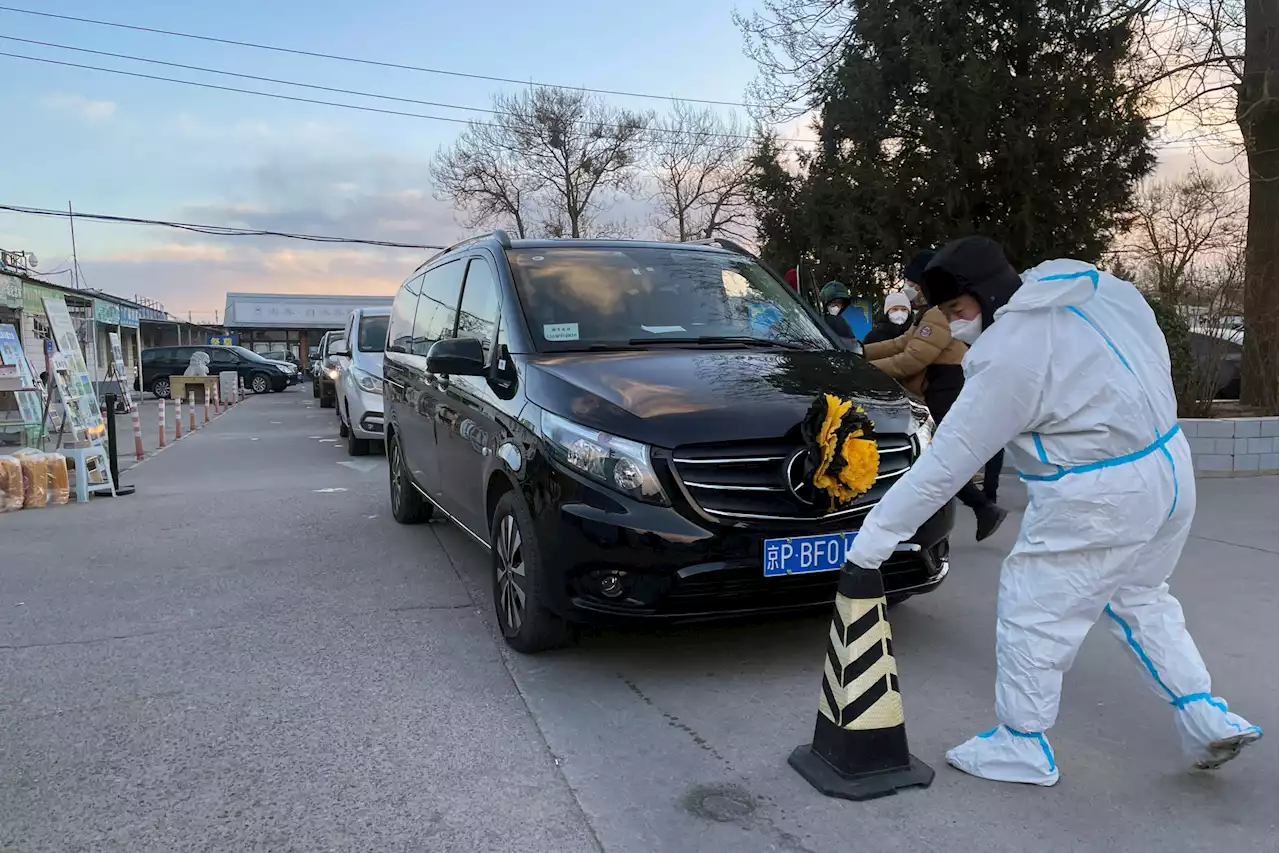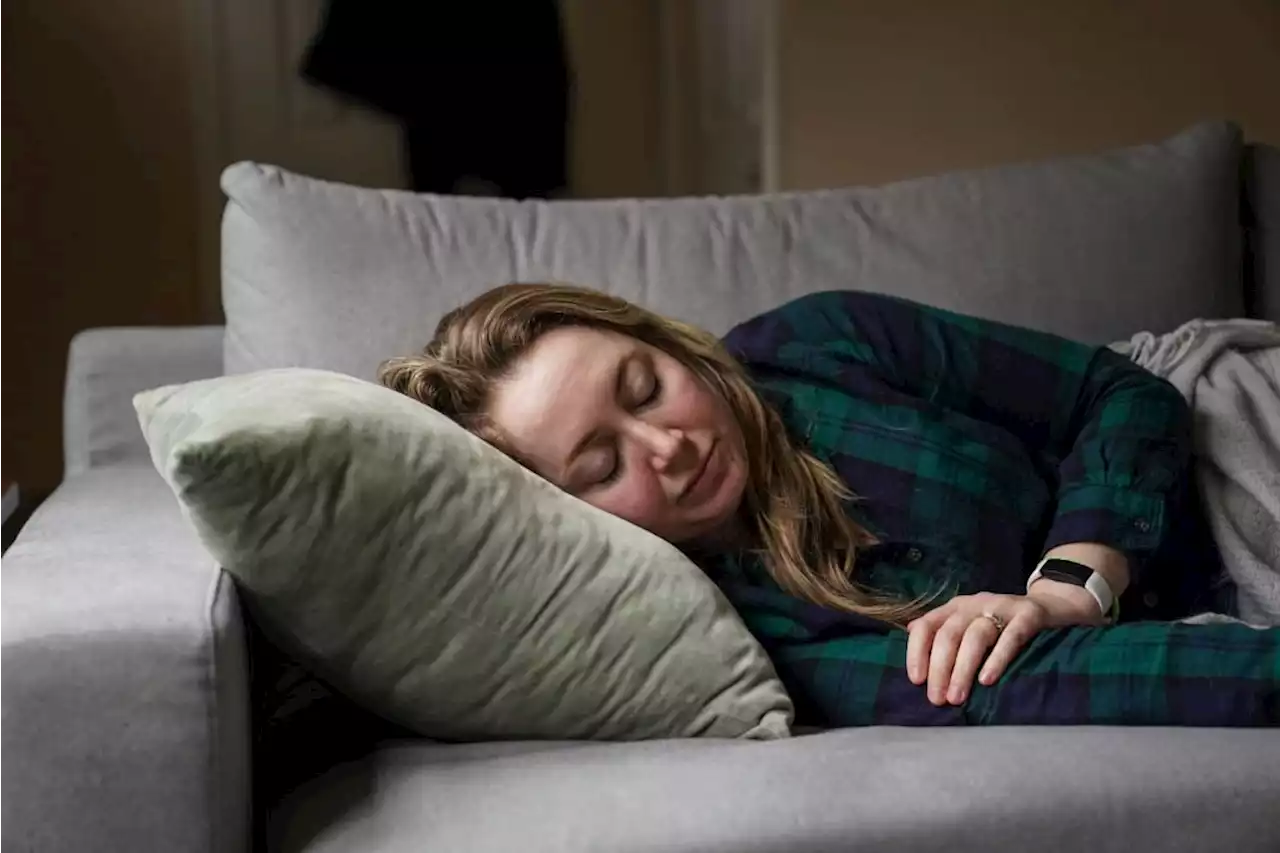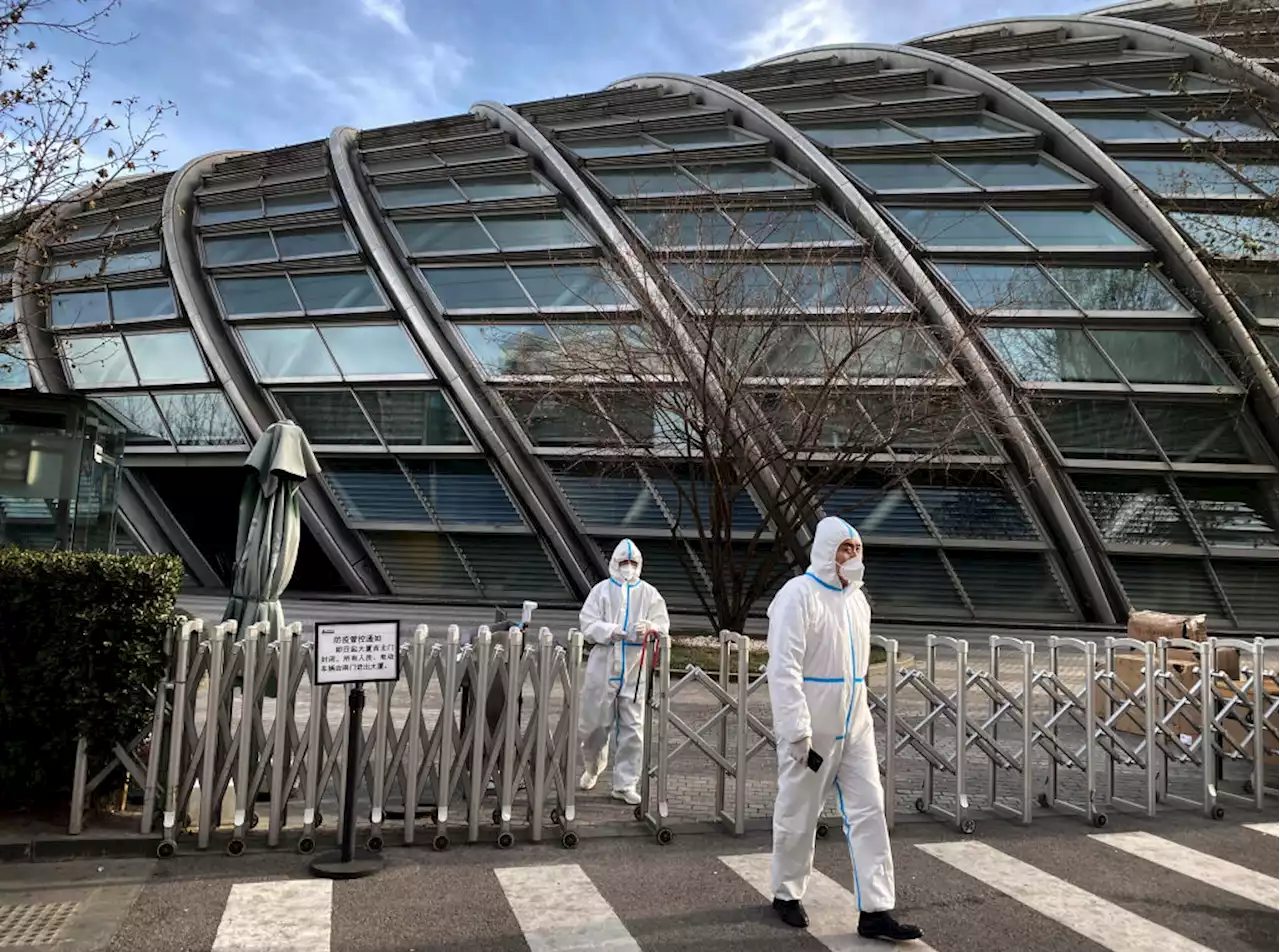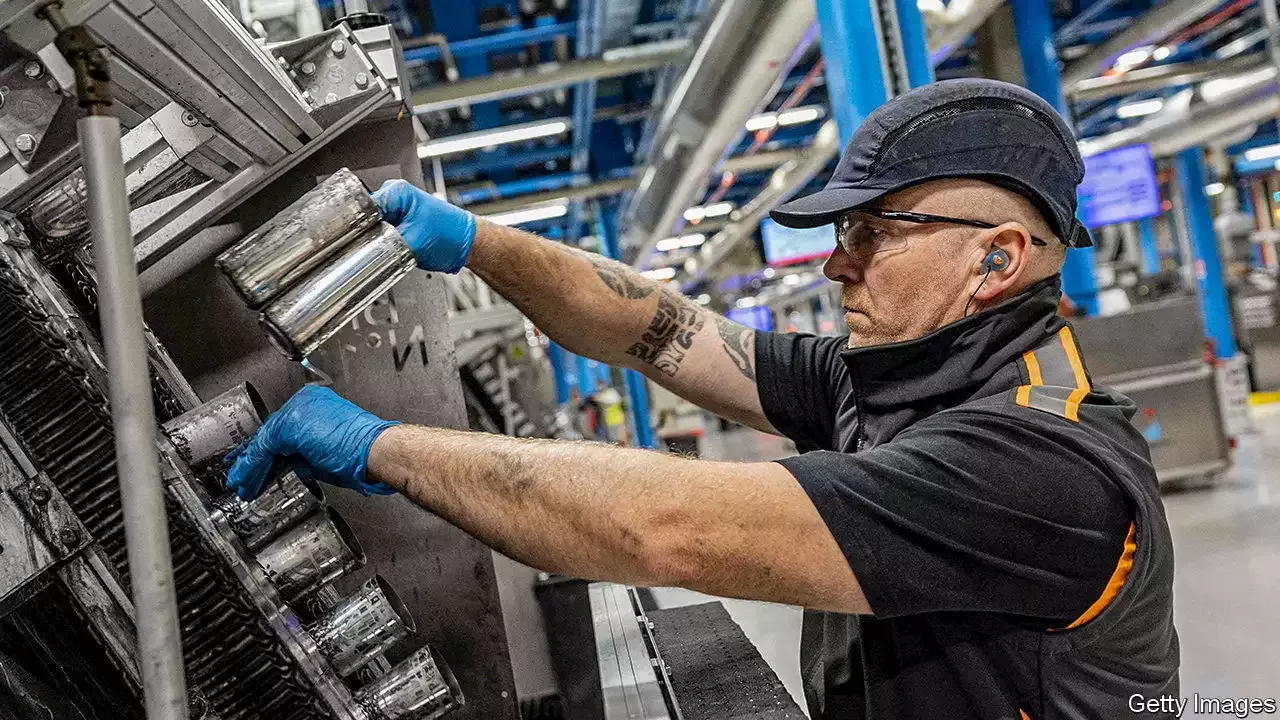Next time you hear a blood-curdling prediction about robots and jobs, think twice
Save time by listening to our audio articles as you multitaskWonks had plenty of reason to worry. Recessions cause many companies’ revenues, but not wages, to fall, making workers less affordable. Some previous downturns had produced bursts of job-killing automation, depriving people of work and leaving them at least temporarily on the economic scrapheap. Covid seemed to pose an extra threat to workers. People get sick; robots do not. Past pandemics, research suggests, have hastened automation.
More than two years on, however, it is hard to find much evidence of job-killing automation. Rather than workers complaining about a shortage of jobs, bosses complain about a shortage of workers. Across theclub of mostly rich countries, there is an unusually large number of unfilled vacancies, even as recession nears. In many countries the wages of the lowest-paid, the people thought to be most at risk of losing their job to a robot, are rising the fastest.
To test the doomsters’ predictions more directly, we dug into occupational data for America, Australia and Britain. Borrowing a methodology developed by the Federal Reserve Bank of St Louis, we divided occupations into “routine” and “nonroutine” buckets. Routine jobs involve repetitive movements, which can be more easily learned by a machine or computer, making them in theory more vulnerable to automation.
Over time, and especially during past recessions, routine jobs have declined as a share of the workforce . But during the pandemic the rate of decline actually slowed. In the two years before the pandemic automatable jobs in Australia, as a share of the total, fell by 1.8 percentage points. In the two subsequent years they fell by 0.6 percentage points. We find similar trends in Britain, though a recent coding change makes analysis trickier.
Economists are now working on theories which will be less prone to malfunction. Perhaps the routine roles which remain are particularly difficult to automate. Perhaps in some cases technology actually improves, rather than damages, workers’ prospects. For now a simple rule will suffice: next time you hear a blood-curdling prediction about robots and jobs, think twice.
United Kingdom Latest News, United Kingdom Headlines
Similar News:You can also read news stories similar to this one that we have collected from other news sources.
 Review on nanoparticles usage for treating thrombosis induced by SARS-CoV-2 infectionsReview on nanoparticles usage for treating thrombosis induced by SARS-CoV-2 infections MonashUni Nanoparticles Thrombosis COVID19 SARSCoV2
Review on nanoparticles usage for treating thrombosis induced by SARS-CoV-2 infectionsReview on nanoparticles usage for treating thrombosis induced by SARS-CoV-2 infections MonashUni Nanoparticles Thrombosis COVID19 SARSCoV2
Read more »
 China reports no new Covid deaths despite packed hospitals and crematoriumsChina reported no new Covid-19 deaths in its growing outbreak 🔴 But experts have disputed China’s categorisation of Covid deaths as resulting from pneumonia or respiratory failure, saying ‘a lot of cases’ will be missed
China reports no new Covid deaths despite packed hospitals and crematoriumsChina reported no new Covid-19 deaths in its growing outbreak 🔴 But experts have disputed China’s categorisation of Covid deaths as resulting from pneumonia or respiratory failure, saying ‘a lot of cases’ will be missed
Read more »
 NHS ambulance trusts lost 160,000 working days to long Covid last yearNHS ambulance trusts lost 160,000 working days to long Covid last year 🗣️ “Frontline workers exposed themselves to the virus while saving others during the pandemic and the Government cannot continue to ignore their sacrifice' - Green MP CarolineLucas
NHS ambulance trusts lost 160,000 working days to long Covid last yearNHS ambulance trusts lost 160,000 working days to long Covid last year 🗣️ “Frontline workers exposed themselves to the virus while saving others during the pandemic and the Government cannot continue to ignore their sacrifice' - Green MP CarolineLucas
Read more »
China narrows definition of Covid deaths as official toll plunges\n\t\t\tKeep abreast of significant corporate, financial and political developments around the world.\n\t\t\tStay informed and spot emerging risks and opportunities with independent global reporting, expert\n\t\t\tcommentary and analysis you can trust.\n\t\t
Read more »
 China’s U-Turn on Zero-COVID Shows Xi's Deep ParanoiaChina's reversal on Zero-COVID underscores the fickleness of strongman rule—from suffocating control to callous inaction
China’s U-Turn on Zero-COVID Shows Xi's Deep ParanoiaChina's reversal on Zero-COVID underscores the fickleness of strongman rule—from suffocating control to callous inaction
Read more »
